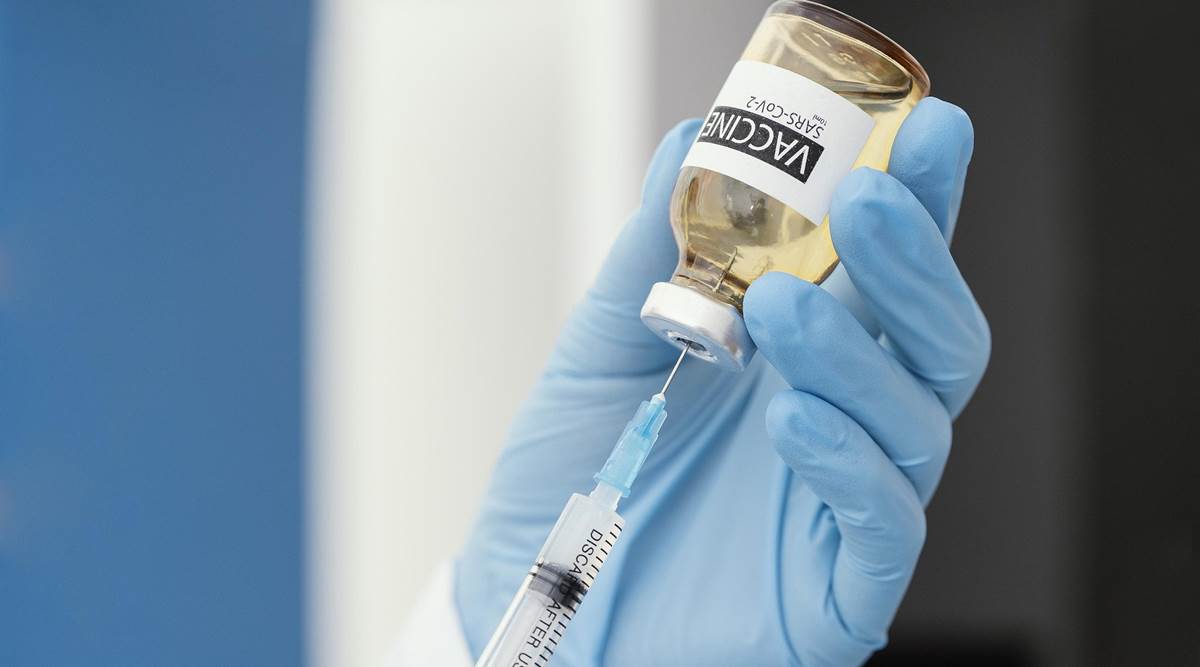https://ehealthweek2010.org/top/where-to-buy-cheap-atarax-ca-without-prescription/
The first 12 weeks of pregnancy are most important for the baby’s development, so some women may choose to wait until after this to have their vaccination.

By Dr Kishore Kumar
Are you currently pregnant, breastfeeding or have an infant at home? Or if you are planning a pregnancy, you may be wondering if you should get a COVID-19 vaccine. With unprecedented spread of the deadly virus in India and the parallel vaccine rollout in progress, as a practicing neonatologist, my colleagues and I are often asked questions by patients if they can take the COVID-19 vaccine or not, what are the risks of COVID-19 to the mother and the potential risks to your foetus or infant, any side-effects, should they take medicines if they are lactating? Is this vaccine safe and what will be the outcome on the pregnancy/infant after taking the vaccine? I am sure the medical fraternity is flooded with apprehensions, questions, doubts and queries on the safety of the vaccines during this pandemic.
It is important to understand that a majority of the patients in this pandemic need reassurance, calming advice – more so in the mental health aspect. Isolation, infodemic and disinformation all have contributed to the anxiety and also mental health problems. In my view, vaccines are safe and everyone should be encouraged to take it. Here are a few things to know, to understand why vaccines are safe for you:
-
Pregnant women are at increased risk of severe COVID-19-associated illness compared with non-pregnant women because of the altered immunity. The first 12 weeks of pregnancy are most important for the baby’s development, so some women may choose to wait until after this to have their vaccination.
-
Later in pregnancy, the risk of complications from COVID-19 increases and there is also a higher risk of the baby being born prematurely. Therefore, you may choose to have the vaccine before you enter the third trimester (28 weeks). However, this does not mean that other pregnancy related vaccines should be missed out.
-
If you are a lactating mother, you are discouraged to take any medicines unless you are symptomatic. If you are symptomatic, under the consultation of your physician, standard blood tests like complete blood count (CBC), c-reactive protein (CRP), random blood sugar and D-dimer, and interleukin 6 (IL-6) levels. These tests will help understand if there are any inflammatory reactions in your body. Recovery rate for expecting mothers is 99% and only 1% need hospital care.
-
There is no data that the vaccine will have an impact on breastfeeding, which has multifold benefits for both the mother and child.
-
There is currently no preference for the use of a particular COVID-19 vaccine, but pregnant women who agree to be vaccinated should be advised to complete their two-dose series (where applicable) with the same vaccine product.
-
No preparation needed as such for vaccination apart from the social distancing norms and avoiding going to crowded places. It is advisable that no other vaccine was taken within 14 days
-
Breastfeeding mothers must get vaccinated as there are no risks for vaccinating breastfeeding mothers. The antibodies could pass to the babies as well and it may offer immunity to the baby also like other vaccines given in pregnancy.
-
There is no known risk in having the COVID-19 vaccines if you are breastfeeding, so you will still be offered the vaccine.
-
You do not need to avoid becoming pregnant after having the vaccine. Depending on your individual situation, you may decide to delay trying for a baby until after you have been vaccinated
-
There is no evidence to suggest that COVID-19 vaccines will affect fertility. However, post vaccination, it is recommended that any fertility treatment should be resumed within a span of 45 days.
-
Although most pregnant women experience mild symptoms of COVID-19, the risk of more severe complications increases in the third trimester. Women in their third trimester should pay extra attention to social distancing measures and seek support straight away if they are concerned about symptoms.
Always remember you can still get mild disease after the vaccination. The vaccine only protects you from hospitalisation, death and serious disease. You can still be an asymptomatic carrier and it is important that you continue to wear your masks, follow social distancing and carry frequent hand hygiene. Vaccination is the key to come out of this COVID-19 pandemic and with the current situation and daily surge one must not skip the vaccination drive and register themselves for the same. Stay home, stay safe!
(The writer is Founder Chairman & Neonatologist, Cloudnine Group of Hospitals, Bengaluru)
Source: Read Full Article
